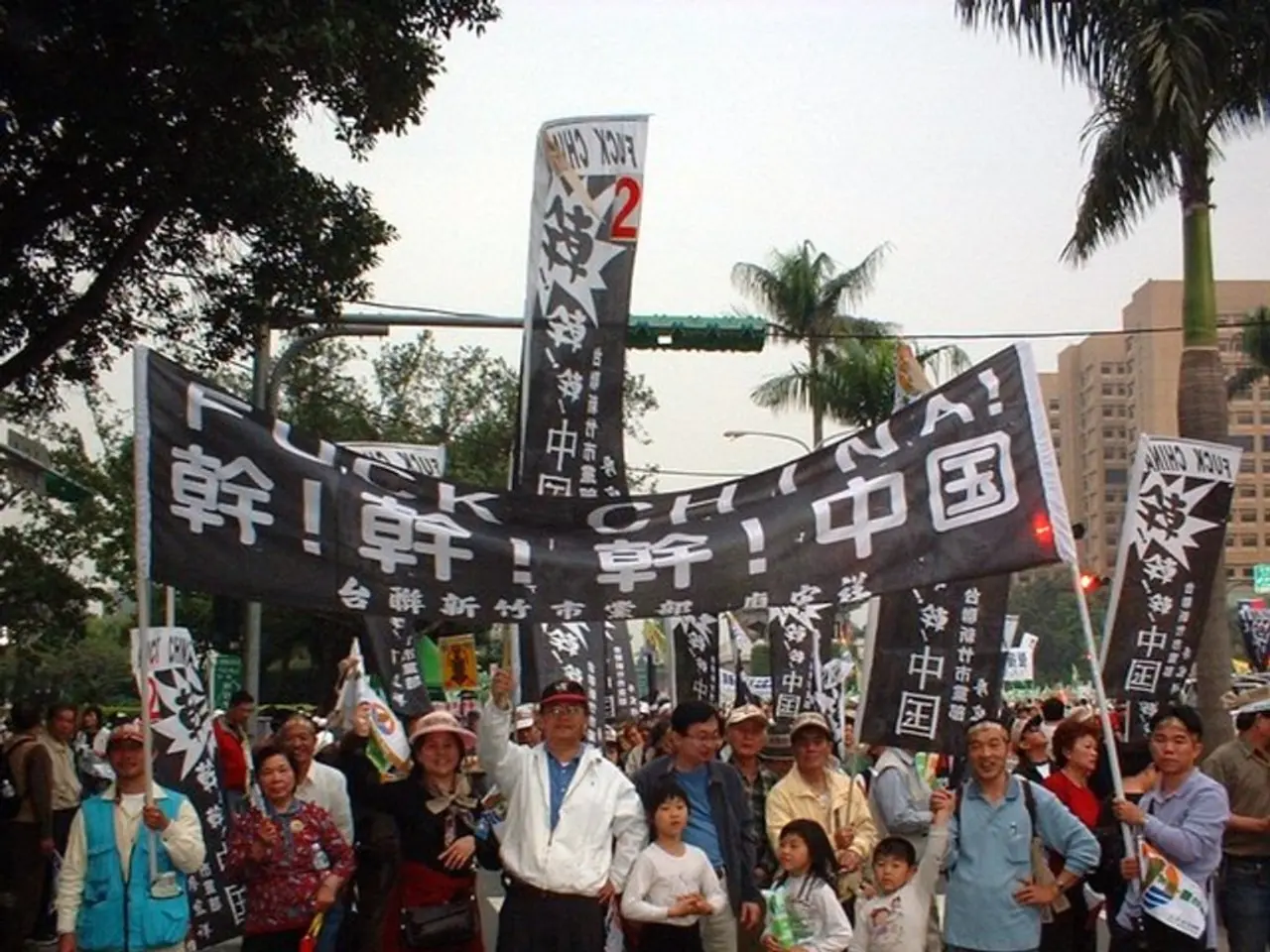Quebec's lumber mill temporarily halts operations due to U.S. import taxes
Scierie St-Michel Suspends Operations Due to U.S. Tariffs
Scierie St-Michel, a sawmill in Saint-Michel-des-Saints, Quebec, has announced the temporary suspension of its operations due to the significant increase in U.S. anti-dumping and countervailing tariffs on Canadian softwood lumber.
The mill's president, Jean-François Champoux, revealed that the tariffs now total over 34.45%, a sharp increase that severely affects the mill’s economic viability. As a result, the mill will close from August 4, 2025, until October 13, 2025, affecting approximately 250 employees.
The closure could be extended if the tariffs and related issues are not resolved. Champoux emphasized the need for governmental action on both the tariff front and forestry policy reforms to ensure long-term sustainability.
The suspension of operations is a direct consequence of increased U.S. tariffs aimed at Canadian softwood lumber. The U.S. Commerce Department has nearly tripled anti-dumping duties on Canadian softwood, with rates now standing at 20.56%. The U.S. claims that Canadian softwood is sold below market value prices and considers it to be government subsidized.
The impact on the forestry industry in Quebec includes business uncertainty that could lead to longer closures or operational changes across the sector if tariffs and regulatory frameworks are not settled promptly. This uncertainty is also reflected in calls for modernization of forestry management, reflected in calls for updating Bill 97 and improving relations and settlements with Indigenous communities.
Bill 97, a controversial bill, faces criticism for potentially enabling exploitative practices. Indigenous activists have protested Bill 97, accusing the government of giving the forestry industry too much power to exploit resources. Champoux, however, wants to create a favorable business environment for the industry through this modernization.
Champoux emphasized the need for certainty regarding a settlement on U.S. tariffs and the modernization of the forestry regime with Bill 97, including a settlement with First Nations on forestry, to avoid an indefinite extension of the shutdown. The mill's operations could be extended indefinitely if there is no settlement on U.S. countervailing and anti-dumping duties, and no resolution on Bill 97, including a settlement with First Nations on forestry.
This situation underscores broader economic tensions caused by the trade conflict between Canada and the U.S., which includes significant tariff escalations on Canadian lumber products mandated by the U.S. Department of Commerce. The mill had hoped for a resolution from the Canadian government to avoid the closure.
The mill's closure could have far-reaching effects on the forestry industry in Quebec and beyond, highlighting the need for prompt resolution of trade and regulatory issues.
The suspension of operations at Scierie St-Michel due to increased U.S. tariffs on Canadian softwood lumber is a topic of general-news interest, affecting approximately 250 employees and potentially leading to longer closures or operational changes in the Quebec forestry industry. The U.S. news industry is closely following the politics surrounding tariffs on Canadian lumber, as a failure to resolve the tariff conflict could have far-reaching environmental and economic consequences.







